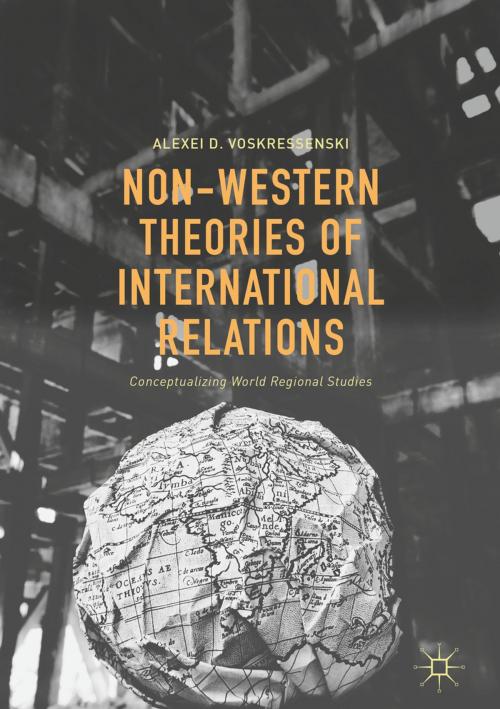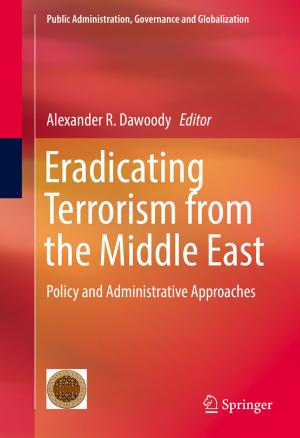Non-Western Theories of International Relations
Conceptualizing World Regional Studies
Nonfiction, Social & Cultural Studies, Political Science, International, Foreign Legal Systems| Author: | Alexei D. Voskressenski | ISBN: | 9783319337388 |
| Publisher: | Springer International Publishing | Publication: | December 16, 2016 |
| Imprint: | Palgrave Macmillan | Language: | English |
| Author: | Alexei D. Voskressenski |
| ISBN: | 9783319337388 |
| Publisher: | Springer International Publishing |
| Publication: | December 16, 2016 |
| Imprint: | Palgrave Macmillan |
| Language: | English |
This book addresses the problem of World Regional Studies and its components: regional complexes, regional subsystems and global regions. With an increasingly complex international system and the emergence of new actors, it is clear that the conceptual framing within the classical disciplines of IR, Political Theory, International Political Economy or Comparative Politics can no longer fully explain a number of processes originating from a tighter and intricate nexus between local, regional and global dimensions.
World Regional Studies explains the emergence of new phenomena in international relations and world politics on a regional and predominantly non-Western regional level. How do non-Western societies react to the transformations of the global order? Is a non-Western democracy possible? Should we discuss the possibilities for the appearance of a non-Western IR theory or a new framework for analyzing de-westernized global development?
This study, based on decade-long research and teaching post in World Regional Studies at MGIMO-University and Russian University of Humanitarian Studies (RGGU), seeks to answers these questions.
This book addresses the problem of World Regional Studies and its components: regional complexes, regional subsystems and global regions. With an increasingly complex international system and the emergence of new actors, it is clear that the conceptual framing within the classical disciplines of IR, Political Theory, International Political Economy or Comparative Politics can no longer fully explain a number of processes originating from a tighter and intricate nexus between local, regional and global dimensions.
World Regional Studies explains the emergence of new phenomena in international relations and world politics on a regional and predominantly non-Western regional level. How do non-Western societies react to the transformations of the global order? Is a non-Western democracy possible? Should we discuss the possibilities for the appearance of a non-Western IR theory or a new framework for analyzing de-westernized global development?
This study, based on decade-long research and teaching post in World Regional Studies at MGIMO-University and Russian University of Humanitarian Studies (RGGU), seeks to answers these questions.















